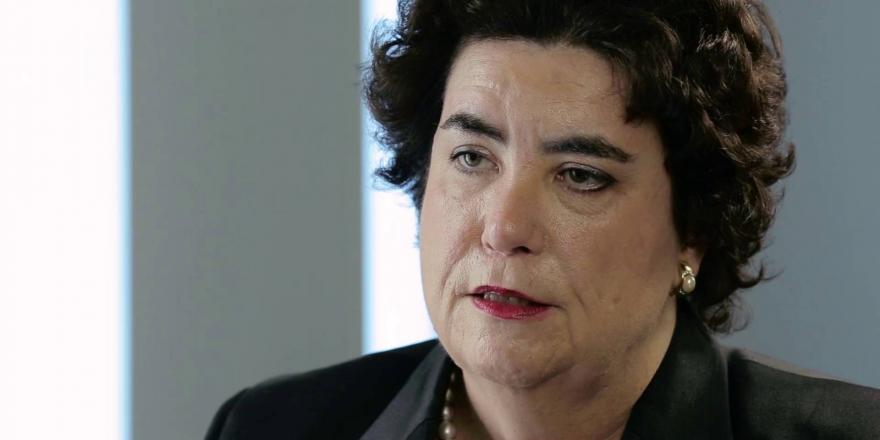Diabetes and gene therapy: from lab bench to bedside

Ann: I’ve been working in the field of type 1 diabetes research for a number of years now. I am very passionate about wanting to find a cure for type 1 diabetes because it is a very significantly detrimental disease especially in young children.
In type 1 diabetes the beta cells of the pancreas are destroyed by an autoimmune process and people must take insulin on a daily basis to regulate their blood glucose levels.
Stephen: Diabetes mellitus is a major challenge of course in our society. From next year onwards it is going to be the major chronic condition contributing to disability. The big challenge in diabetes is the blood glucose levels become elevated and that can cause damage to different body parts and even in the short term make people feel unwell, so it can cause short term and long term complications.
Ann: The Centre for Health Technologies here at UTS was established to bring together interdisciplinary skills. We have excellent capabilities in the areas of molecular biology, biochemistry, microscopy, engineering and IT.
My approach to the problem of type 1 diabetes is applying gene therapy. That is engineering artificial beta cells to replace the pancreatic beta cells, which have been destroyed by the autoimmune process.
And we’re tackling the problem from two directions; one direction is we are directly delivering the insulin gene to animal’s livers and the second approach we are using we have engineered a insulin secreting human liver cell line called the melligen cells which store and secrete insulin and respond to glucose in a normal fashion.
Stephen: Professor Ann Simpson’s research could well end up being a key to the cure for type 1 diabetes. Professor Ann Simpson’s work is particularly focused on developing cells that can sense glucose correctly in the body and can appropriately release insulin.
With the bioengineering she is undertaking and the studies and proof of concepts she has undertaken, essentially she has been able to demonstrate that she has produced cells that can sense glucose in the body appropriately and release insulin.
Ann: My research in gene therapy is basically what one calls translational research it’s taking discoveries in the laboratories and transferring them to the clinic to help patients. It’s what’s called bench to bedside research.
We have partnered with a company called PharmaCyte Biotech and their partner Austrianova have a unique encapsulation system called Cell in a Box. They’re sodium cellulose sulphate capsules, which will encapsulate the cells and allow us to transplant the cells into eventually humans. We should get good outcomes from the patients and they will no longer hopefully have to inject insulin and no longer suffer from the chronic complications of the disease.
Stephen: I think we are in an era where type 1 diabetes is going to be cured in our lifetime and certainly within the next 5, 10, 15 years. Professor Ann Simpson is certainly very well recognized in the national and international research community to have great integrity in her area of research and in diabetes more generally.
It is very clearly the case that she is contributing in a major way to the international push for a cure in type 1 diabetes and in particular she has a niche role to contribute in the bioengineered cells that can replace pancreatic beta cells.
8 February 2016 04:17
Tags: diabetes, Type 1 diabetes, UTS Science, UTS Research, melanin cells, autoimmune disease, translational biotherapeutics, Australia, research, Pharmocyte Biotech, Centre for Health Technologies, cell therapy
Professor Ann Simpson, UTS School of Life Sciences and Centre for Health Technologies, is a leading Australian diabetes researcher who has developed an artificial insulin producing cell to treat Type 1 diabetes, an autoimmune disease that destroys the insulin-producing cells in the pancreas. Together with industry partner Pharmocyte Biotech Ann’s research aims to develop translational biotherapies that can be tailored to individual patients at the bedside.
Related videos

Keeping one step ahead of deadly marine toxins
Due to the impacts of climate change and environmental degradation the incidence of marine toxin poisoning is on the rise worldwide and is no longer confined to tropical regions.
See how Associate Professor Shauna Murray is developing a test kit for the seafood industry

Antibiotic resistance: how can genomics research solve this pressing 21st Century problem?
Antibiotic resistance is recognised as one of the top three threats to human health worldwide.
See how Professor Steven Djordevic is tackling this serious threat in the food chain
